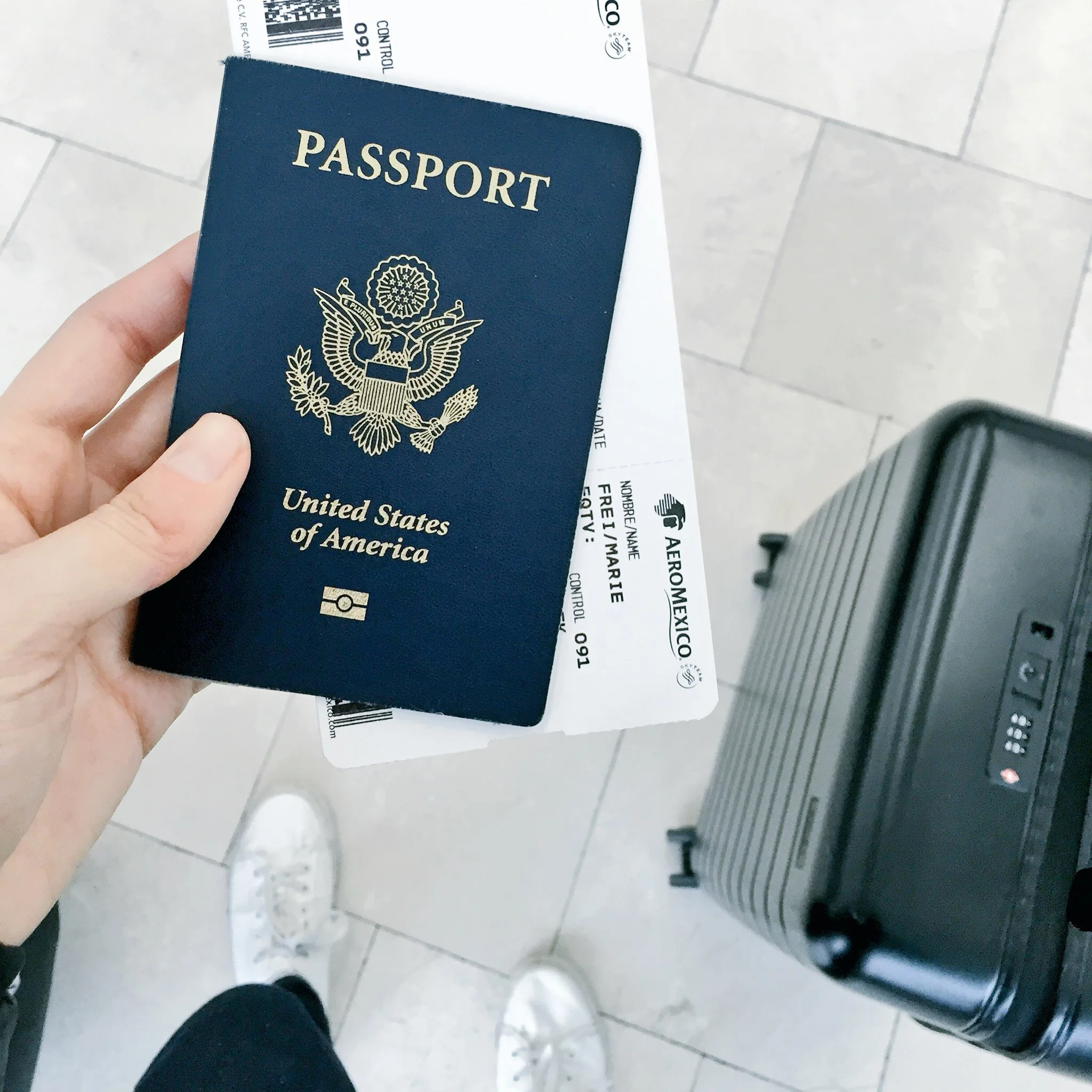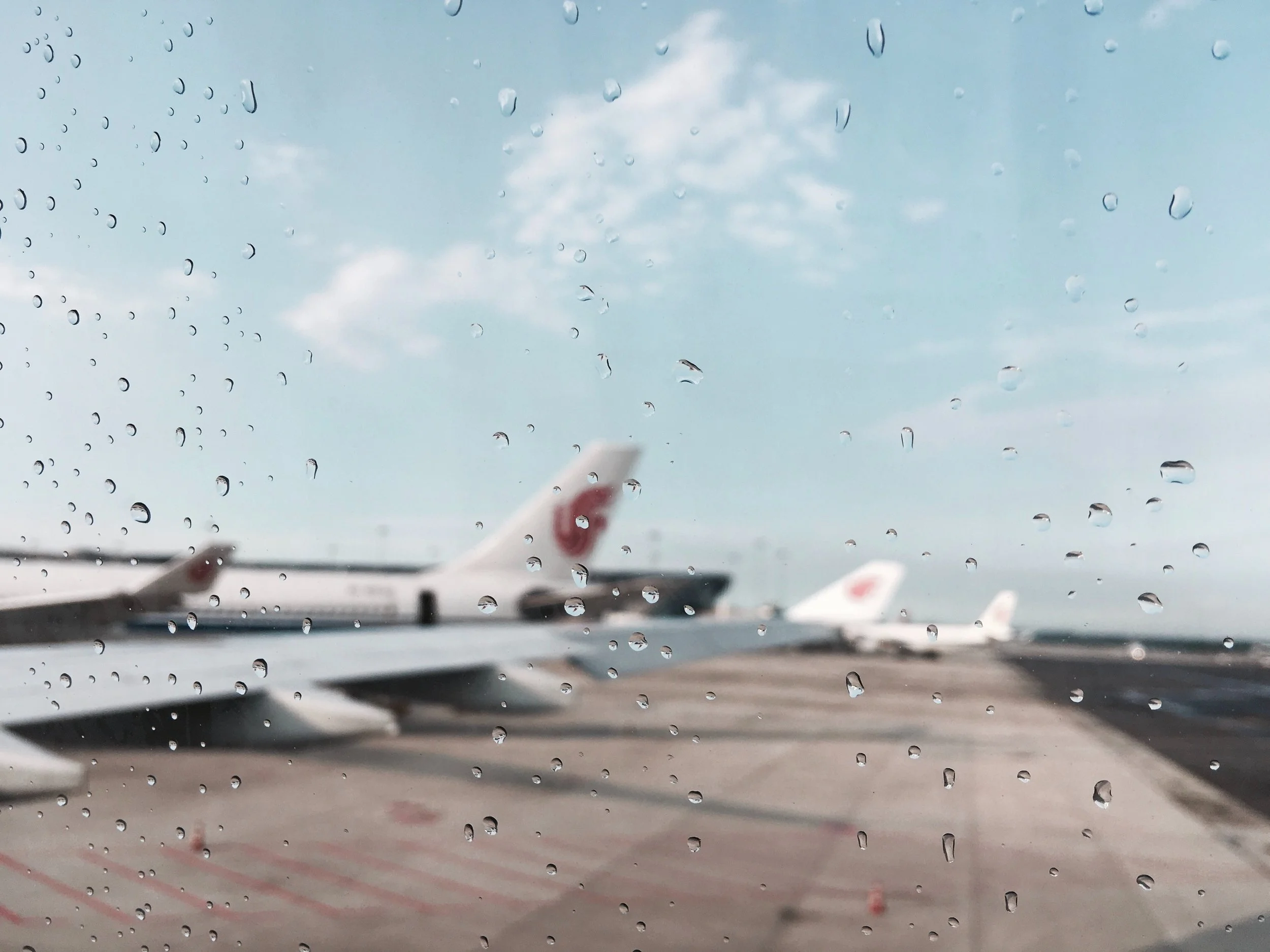Four Tips for a More Eco-Friendly Flight
/Flying is an increasingly popular way to travel. In the U.S. alone, there are some 2.6 million passengers moving in and out of our airports daily. Though often the most efficient means of transportation, flying is not exactly the most eco-friendly way to travel. The global aviation industry produces around 2% of all human-induced carbon dioxide (CO2) emissions. Compared to other industries, like farming and energy, this number actually isn’t so bad. However, airlines can certainly do their part to decrease emissions by demanding and purchasing more fuel efficient planes, investing in more sustainable fuels (biofuels), and by implementing better route efficiencies between destinations. So, what can travelers do? Here are four steps you can take to help offset your transportation-related emissions and make flying a more eco-friendly experience.
Pack Light
Heavy baggage increases energy consumption and emissions. Minimize the risk of flight delays by only bringing your carry-on. The airline will have less baggage to handle this way.
Bring Your Own Food
Pre-order your inflight meal, or, fly with an airline that doesn’t serve meals. This reduces the airline’s need to transport food and reduces the amount of food waste generated on your flight. Bring your own snacks in reusable silicone bags.
Eliminate Paper
Don’t print your flight confirmation on paper (unless it’s absolutely necessary for immigration purposes). Check-in for your flight using the airline’s mobile app. Doing so enables you to keep your boarding pass digitally - either in an iPhone Wallet or by PDF. Can you believe I was wishing for electronic boarding passes back in 2010? 😄
Pre- and Post-Flight Transportation
Arrive on-time for your flight using a carpool (try Uber, Lyft, or Via if you’re in New York City) or public transit. This cuts down on emissions and minimizes the risk of flight delays. The same tactic applies for after you land in your destination.













































